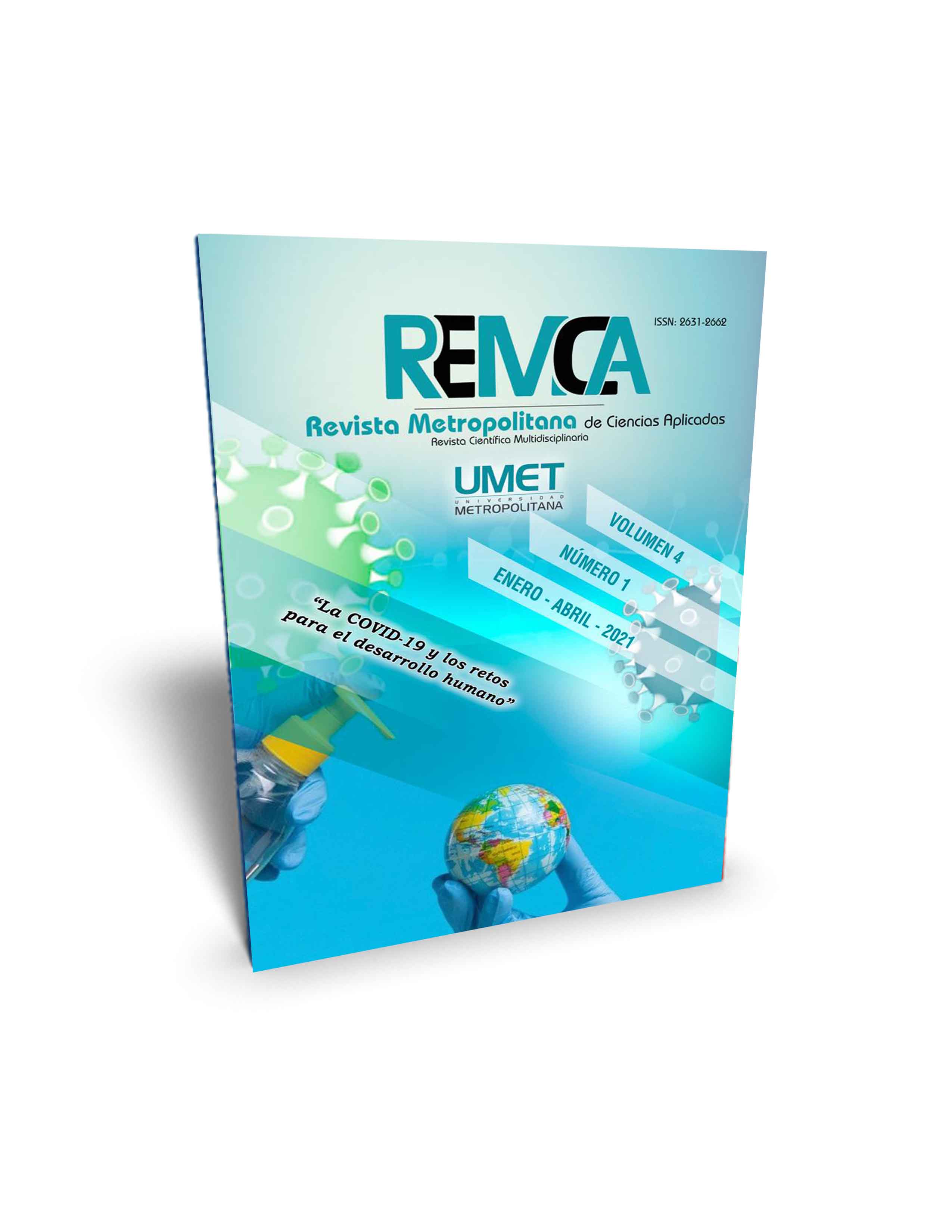Rule-based expert system prototype to determine the intellectual coefficient in university students
DOI:
https://doi.org/10.62452/xmv7h641Keywords:
Wechsler adult intelligence scale, expert systems, knowledge based systems, knowledge engineeringAbstract
The Wechsler scale of intelligence for adults-III (WAIS-III) is based on 14 subtests. It is used in the Metropolitan University of Ecuador to evaluate the students’ intellectual coefficient (IQ). Each subtest measures a different facet of intelligence, producing the three IQ scores: verbal, performance, and total scales, as well as four index scores: processing speed, perceptual organization, working memory, and verbal comprehension. The development of an expert system (ES) that evaluates the IQ, according to WAIS-III can help in the tabulation of these results, since the process is manual. The KLIC methodology facilitated the creation of the ES and a shell allowed the development of knowledge bases (KB). The ES is composed of fourteen KB, which are responsible for performing the corresponding function of each of the subtests. The rules of production in the KB investigate what the student knows about incomplete figures, vocabulary, cube design, matrices, among other aspects.
Downloads
References
Aguirre Chacha, B. P. (2018). Prototipo de Sistema Experto para determinar el coeficiente intelectual en estudiantes de la Universidad Metropolitana del Ecuador. (Tesis de ingeniería). Universidad Metropolitana.
Amatriain, H. G., Merlino, H., Martins, S., & Bianco, S. (2017). Modelo de proceso de gestión para proyectos de ingeniería del conocimiento. (Ponencia). XXIII Congreso Argentino de Ciencias de la Computación. La Plata, Argentina.
Badaró, S., Ibañez, L. J., & Agüero, M. (2013). Sistemas expertos: Fundamentos, metodologías y aplicaciones. Ciencia y Tecnología, 1(13), 349-364.
Delgado Montenegro, L., Cortez Vásquez, A., & Ibáñez Prentice, E. (2015). Aplicación de metodología Buchanan para la construcción de un sistema experto con redes bayesianas para apoyo al diagnóstico de la Tetralogía de Fallot en el Perú. Industrial Data, 18(1).
Echeverría Valencia, D. F., & Basurto Vergara, D. D. (2019). Sistema Experto para determinar el coeficiente intelectual en estudiantes de la Universidad Metropolitana del Ecuador. (Tesis de ingeniería). Universidad Metropolitana.
Engin, G., Aksoyer, B., Avdagic, M., Bozanlı, D., Hanay, U., Maden, D., & Ertek, G. (2014). Rule-based Expert Systems for Supporting University Students. Procedia Computer Science, 31, 22-31.
Feigenbaum, E.A. (1992). Sistemas Expertos: Principios y Práctica. CiteSeer. htpps://citeseerx.ist.psu.edu
González, Y. R., Sánchez, N. M., Sardiñas, A. D., & Luque, M. M. (2017). De la extracción al modelado del conocimiento en un Sistema Basado en el Conocimiento. Un enfoque desde el agrupamiento conceptual lógico combinatorio. GECONTEC: Revista Internacional de Gestión del Conocimiento y la Tecnología, 5(2), 41-57.
Guida, G., & Tasso, C. (1995). Design and Development of Knowledge-based Systems: From Life Cycle to Methodology. John Wiley & Sons, Inc.
Downloads
Published
Issue
Section
License
Copyright (c) 2021 Azucena Monserrate Macías Merizalde, Zoila Zenaida García Valdivia, Bryan Patricio Aguirre Chacha (Autor/a)

This work is licensed under a Creative Commons Attribution-NonCommercial-ShareAlike 4.0 International License.
Authors who publish in Revista Metropolitana de Ciencias Aplicadas (REMCA), agree to the following terms:
1. Copyright
Authors retain unrestricted copyright to their work. Authors grant the journal the right of first publication. To this end, they assign the journal non-exclusive exploitation rights (reproduction, distribution, public communication, and transformation). Authors may enter into additional agreements for the non-exclusive distribution of the version of the work published in the journal, provided that acknowledgment of its initial publication in this journal is given.
© The authors.
2. License
The articles are published in the journal under the Creative Commons Attribution-NonCommercial-ShareAlike 4.0 International License (CC BY-NC-SA 4.0). The terms can be found at: https://creativecommons.org/licenses/by-nc-sa/4.0/deed.en
This license allows:
- Sharing: Copying and redistributing the material in any medium or format.
- Adapting: Remixing, transforming, and building upon the material.
Under the following terms:
- Attribution: You must give appropriate credit, provide a link to the license, and indicate if any changes were made. You may do this in any reasonable manner, but not in any way that suggests the licensor endorses or sponsors your use.
- NonCommercial: You may not use the material for commercial purposes.
- ShareAlike: If you remix, transform, or build upon the material, you must distribute your creation under the same license as the original work.
There are no additional restrictions. You may not apply legal terms or technological measures that legally restrict others from doing anything the license permits.




